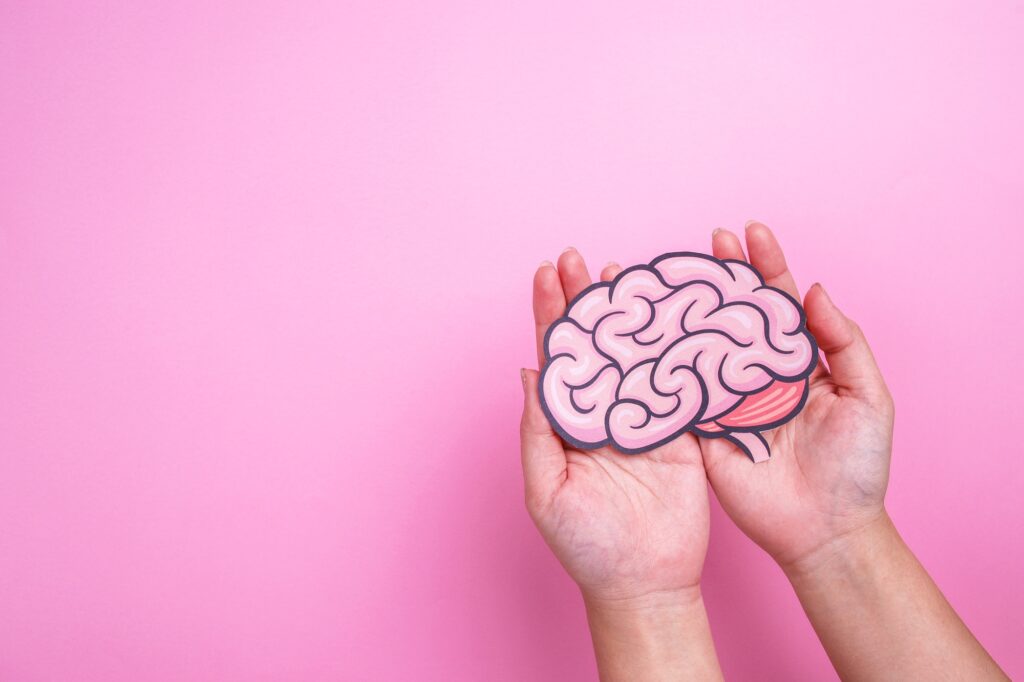The human brain is a marvelous creation. The function of our brains fascinates me. But the more I study, the longer I live, fuller I realize how little we know. And this pertains not only to us, but even more to the professionals.
How is the memory stored? Short-term memory? Long-term? When you read the psychiatric literature, you’ll find a lot of descriptive, vague terms, words used in novels rather than in science papers. You will find WHERE memory is stored, not HOW. Then you read about certain chemicals which play function in the process of remembering, but still don’t know how do you remember the moment you’ve met your wife. Certain chemicals? Atoms? I remember from my medical school that roughly every so often the entire set of atoms in human bodies is being exchanged for the new ones. That’s easy to prove by introducing radioactive atoms and checking their survival. So, every so often, by any definition, we find out ourselves to be a different person. But we still retain most of our memories. How?
The ‘science’ of psychiatry, at least taught in medical school, has little to do with science, more about the opinions. The Diagnostic and Statistical Manual of Psychiatric Disorder is THE Bible for this profession. A psychiatrist, or a psychologist, examines the patients, grades the symptoms, goes to THE Bible, and fits his patient with a proper diagnosis. Like buying a suit over the internet. There are criteria and how many points one has to gather to be qualified for a particular diagnosis. Then a psychiatrist comes up with the treatment. If the results of therapy are acceptable––you are lucky. If not––well, back to the Bible. Not even mentioning the fact that frequently the side effects of psychotropic drugs are worse than the disease itself. That brings up the compliance issues and the circle is closed. The notorious shortage of facilities magnifies the problem. Finally, poor reimbursement, spotty acceptance of patients by the professionals, and subsequently long waits for the visit, give patients spotty, inadequate and pseudo-scientific care.
Pseudo-science? The specialty which gets a Nobel Prize for dehumanizing procedure (Moniz, 1935), still accepts insulin shocks and electrical shocks, has no rights to be accepted as legitimate.
So, if we don’t know how the brain works, how could be even start thinking about more complex issues like the treatment of psychiatric disorders? With all due respect to many researchers working on the human brain, the treatment so far reminds me of fixing a sophisticated organ with a baseball bat.


